Families
Division of Indian Work’s programs for families provide a variety of services, such as: case management, in-home parenting support, education, groups, and more.
-
Parenting Capacity Services
A parenting education & assessment program for Native American parents and caregivers involved in child protection. This program provides culturally responsive services in a one on one setting. Parenting Workers meet with parents and caregivers in-home, in the community, at DIW, or virtually. To qualify for this program you must be referred by a Hennepin County child protection social worker.
For additional questions please see the contact information below for parenting workers:
Cassie Buffalohead
Email: cbuffalohead@diw-mn.org
Phone: 612-279-6302Emily Gobernatz
Email: egobernatz@diw-mn.org
Phone: 612-279-6374Funded by: Hennepin County
-
Ashoodenim Anishinaabe
The Ashoodenim Anishinaabe program (to unite in support of the people) consists of two Cultural Home Educators that provide services to pregnant or parenting caregivers in partnership with the Minneapolis Department of Health through a Promising Practices grant. The target population is American Indian parents with children ages 0-5. The focus will be on those that are experiencing substance use disorder (SUD) including opioid use disorder or at-risk of experiencing SUDs.
Services are tailored to the individual client's needs in the areas of effectively and safely parenting their children (in-home parenting) and educating parents regarding child abuse prevention.
Funded by: Minneapolis Health Department and Minnesota Department of Health
-
Strong Families
The goal of the Strong Families Program is to reduce the number of American Indian children who are placed in foster care in Hennepin County.
Strong Families program connects families with local community intervention services and provides guidance, incentives, and support to families in their parenting journey.
-
Grandparents as Caregivers
DIW’s Grandparents Caring for Grandchildren program provides support and resources to grandparents who have taken on the role of primary caregiver of a child/ren not more than 18 years of age
-
Ninde Doulas
Ninde Doulas are trained professionals who provide informational, emotional, physical, and cultural support to Indigenous families while they are pregnant, during labor and birth, and for the post-partum healing period, much like how Indigenous aunties traditionally helped bring new life into this world.
Ninde was created several years ago when community members were seeing the rise in the opioid epidemic and how it was affecting families in our community. The epidemic was not yet apparent to those in higher leadership roles. The Ninde Collaborative started as a small group of women who wanted to see a change in their community.
In 2016, we were able to train and work closely with five doulas. At the end of 2021, we have a total of 22 certified doulas working with American Indian and Latinx families all over the Twin Cities and now in Bemidji.
Funded by: Minnesota Department of Health, Minneapolis Health Department, and United Healthcare
-
Women of Traditional Birthing
Women of Traditional Birthing (WTB) helps expectant mothers adopt healthy lifestyles that foster healthy babies by providing support for pregnant American Indian women through mentoring, education, and community outreach.
WTB also helps women through mentoring, community outreach and other resources. Weekly group meetings consist of a healthy meal, childcare, transportation assistance and cultural activities. Group meets every Wednesday, 12pm-2pm.
The State of Minnesota, Positive Alternatives and The City of Minneapolis Department of Health provides multi-year grants to support the Women of Traditional Birthing Program.
-
Family Spirit
A peer educator program providing support for American Indian mothers and parents of children ages 3 and under. Families will learn information about how to have the healthiest pregnancy for them and their baby, how to be prepared for the birth of the baby, and get prepared for how the baby will impact their future. Along the way, families will learn about the different developmental stages their baby will go through and ways to keep them safe, healthy, and happy. Families will also learn how to parent their child in a confident way that works best for them and ensures the best start to their child’s life. While this program has a large focus on the baby, it also helps families adjust to the new life of being parents.
This program consists of regular home visits that can occur in the home or wherever the parents feel comfortable. The visits are weekly, bi-weekly, monthly or bi-monthly, depending on the age of the baby. The visits generally last one hour and will be using lessons from a curriculum called “Family Spirit.” This curriculum is an evidence-based and culturally-tailored home-visiting intervention that was designed, implemented, and rigorously evaluated by the Johns Hopkins Center for American Indian Health in partnership with the Navajo, White Mountain Apache, and San Carlos Apache Tribal communities since 1995.
Funded by: MN Department of Health

